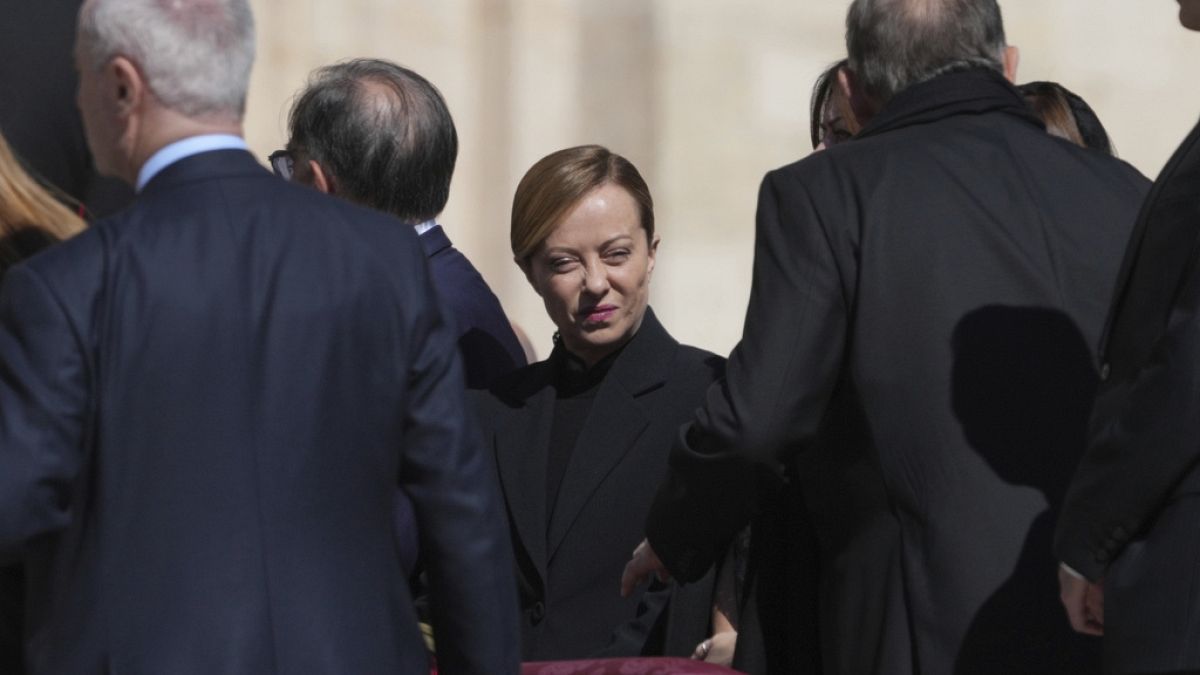Auckland man Luca Fairgray has been found guilty of three charges of having sex with a 13-year-old in 2023.
A twelve person jury had been deliberating on the verdicts for three charges in the Auckland District Court since Friday.
Usually it’s for the Crown to prove guilt, but because Fairgray, who is now 22, has accepted he had sex with a 13-year-old, his starting position was guilty. It has been on him to prove his innocence, on the grounds that he had a reasonable belief at the time that the teenage complainant was 16 and that he took steps to find out whether she was 16.
Fairgray is diagnosed as autistic, and his condition has been a focus of the trial.
The complainant, who is now 15, cannot be named because of her age. In evidence she told the jury that she had told Fairgray from their very first meeting, on OmeTV – an app that randomly puts participants together for video chats, that she was 13.
Defence expert forensic psychiatrist Dr James Cavney said Fairgray was at the high-functioning end of the spectrum, but his autism would still have made spotting a lie difficult.
“I do believe that if the complainant said she was 16, I think it would have been difficult for him to recognise deceit and or pick up on other non-verbal cues that may prompt him to question what she was saying.”
In closing arguments Crown counsel Pip McNabb said Fairgray knew all along that the complainant was 13, the pair connecting over their autism and ADHD.
“But the strength of the connection between them for him was at the forefront and he thought he could get away with it and he did for several months until the police became involved,” McNabb said.
Police visited Fairgray’s Mt Albert home in September 2023 after the complainant ran away from home.
She had had an abortion in August of that year – organised by Fairgray – who had lied about his age to the clinic, claiming to be 15.
‘Reasonable belief’
Fairgray’s lawyer Susan Gray said her client had a reasonable belief the young woman was 16 and that he took steps to verify that
His autism had to be factored into the jury’s deliberations, Gray said.
“He doesn’t choose to be autistic. His brain is different to those of neurotypical people.
“And as I say, that is directly relevant to the issues in this trial because you must consider whether his belief was reasonable and that means considering whether a person with autism had a reasonable belief.
“And as a person who has autism, he does not delve into the grey.
“As I say, he operates in black and white.”
Over the last two weeks, Judge Evangelos Thomas has accommodated both Fairgray’s and the complainant’s autism, both giving evidence via CCTV and helped by a communications assistant.
In the defendant’s case its also meant not having to sit in the dock during proceedings.
Fairgray has been remanded in custody and is due to be sentenced on the sex charges and a drugs charge on March 31.












